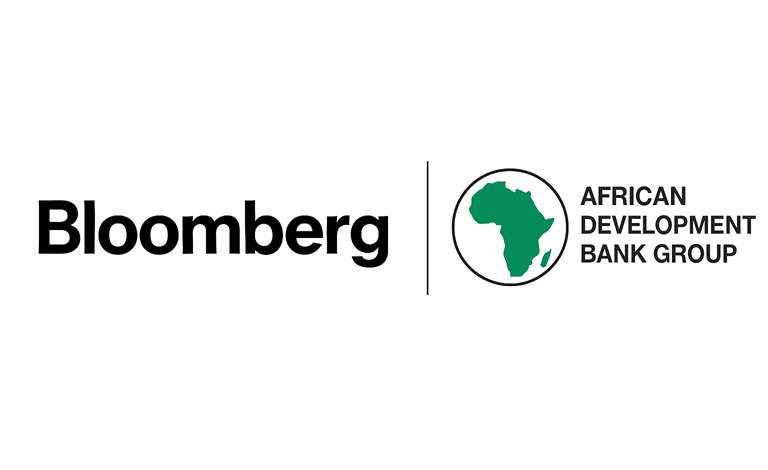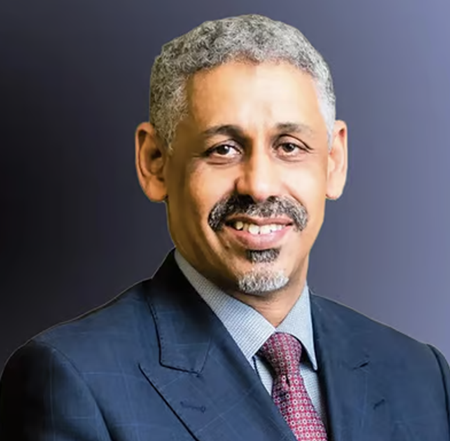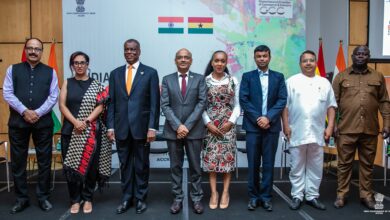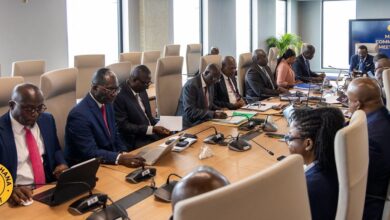AfDB, Bloomberg Forge Partnership to Unlock Private Capital for Africa: What It Means for Ghana

The African Development Bank (AfDB) and Michael R. Bloomberg, founder of Bloomberg L.P. and chair of the Glasgow Financial Alliance for Net Zero (GFANZ), have announced a partnership to mobilize private sector investment across Africa, with Ghana among the countries expected to benefit.
The deal was unveiled Sept. 24 during the Bloomberg Philanthropies Global Forum in New York, on the sidelines of the UN General Assembly. It aims to reduce barriers to private capital and accelerate investment in infrastructure, energy, and job creation.

AfDB President Sidi Ould Tah called it a “decisive step” toward reshaping Africa’s financial architecture. “Together we will consolidate our strengths for mobilizing private sector resources and unleashing investments at scale for Africa’s development,” he said. Bloomberg added that the partnership would help unlock Africa’s “enormous opportunities for economic growth and innovation” by lowering financing constraints.
Africa faces an annual infrastructure gap of $68–108 billion and needs more than $1.3 trillion to meet the UN Sustainable Development Goals, according to AfDB. Ghana, which is grappling with rising debt, costly energy subsidies, and the need for new capital to support its 24-Hour Economy and “Big Push” infrastructure agenda, could be a key beneficiary.
Under the partnership, AfDB and GFANZ will raise investor awareness of opportunities, refine capital mobilization tools, and explore policy reforms to attract more private flows. Ghana, already pursuing reforms under its $3 billion IMF-supported program, is seeking to crowd in private investment for renewable energy, transport, and digital infrastructure.
“Mobilizing private capital at scale is essential to unlocking Africa’s full potential for sustainable growth and resilience,” said Mary Schapiro, GFANZ vice chair.
For Ghana, the deal offers potential to tap into global green finance mechanisms, such as climate bonds, blended finance, and carbon credit markets, while easing fiscal pressure on the state. Aligning these flows with domestic reforms will be key to turning investor interest into tangible projects that create jobs and spur growth.
The announcement follows earlier AfDB-GFANZ cooperation on climate finance, signaling stronger global partnerships to drive investment into Africa at a time of mounting fiscal and climate pressures.




